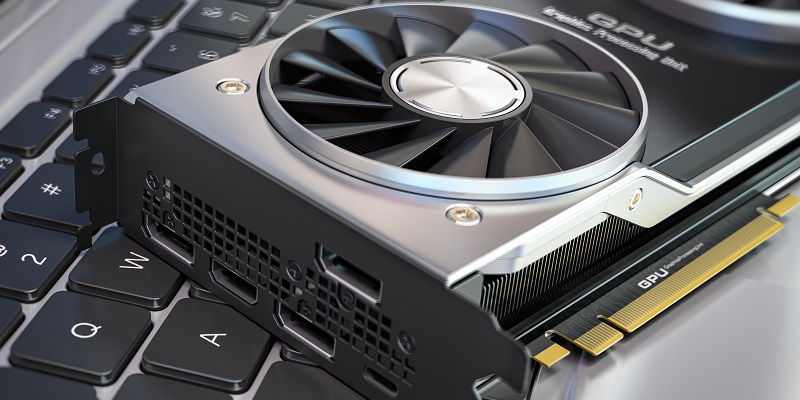In a move to cater to the Chinese market, NVIDIA had planned to launch a series of “China-focused” AI GPUs. However, the company is facing a delay in the release of these GPUs due to concerns raised by server manufacturers regarding their integration. This setback comes in the wake of the recently imposed US ban on the export of NVIDIA’s AI GPUs, pushing the company to find workarounds to continue serving Chinese customers.
Background on the US Ban and NVIDIA’s Workaround
The export restrictions on NVIDIA’s AI GPUs dealt a blow to the company’s operations. To counter this, NVIDIA unveiled its plan to launch at least three new AI GPUs specifically designed for the Chinese market. These GPUs, although more cut-down configurations compared to previous models such as the H800 and A800, aimed to reaffirm NVIDIA’s commitment to the AI markets in China.
Description of the New Chinese AI GPUs
While the Chinese variants of the AI GPUs may not be as robust as their predecessors, they are tailored to meet the specific needs of Chinese customers. NVIDIA recognizes the significance of the Chinese market and is determined to continue its presence and dominance in the region.
Delay in the Release of the H20 AI GPU
However, the launch of the highest-end AI GPU, the H20, which was rumored to take place in mid-November, now faces a delay. Industry sources suggest that NVIDIA has encountered difficulties in integrating the H20 with servers in the Chinese market, thus necessitating more time for development. As a result, the release date has been pushed back to the first quarter of 2024.
The impact of competition from Huawei
The delay in NVIDIA’s H20 release presents an opportunity for competitors like Huawei to capitalize on the situation. With the export restrictions affecting NVIDIA, tech giants such as Tencent and Baidu are actively considering employing Huawei’s Ascend AI chip for low-power AI tasks. This potential shift poses a threat to NVIDIA’s position and its financial performance in the Chinese market.
NVIDIA’s Concern About Losing Dominance
Losing dominance in the Chinese market is a significant concern for NVIDIA. For years, the company has enjoyed a stronghold in the region, and being pushed out would have detrimental effects on its financial performance and market position. As a result, NVIDIA is feeling the urgency to prevent any opportunity for competitors.
Potential Consequences of the H20 Delay
The delay in the release of the H20 AI GPU, while understandable considering its high-performance nature and complex manufacturing requirements, could prove to be a dealbreaker for NVIDIA. This delay gives competitors further time to solidify their presence in the Chinese market, making it more challenging for NVIDIA to regain its dominant position.
NVIDIA’s plan to launch ‘China-focused’ AI GPUs has hit a roadblock with the delay in the release of the H20 AI GPU. Concerns raised by server manufacturers regarding its integration have forced NVIDIA to push back the launch to the first quarter of 2024. This delay comes at a critical time when competitors like Huawei are seizing the opportunity created by export restrictions. While NVIDIA strives to maintain its dominance in the Chinese market, the setback could prove costly if the company fails to adapt and recover swiftly.

